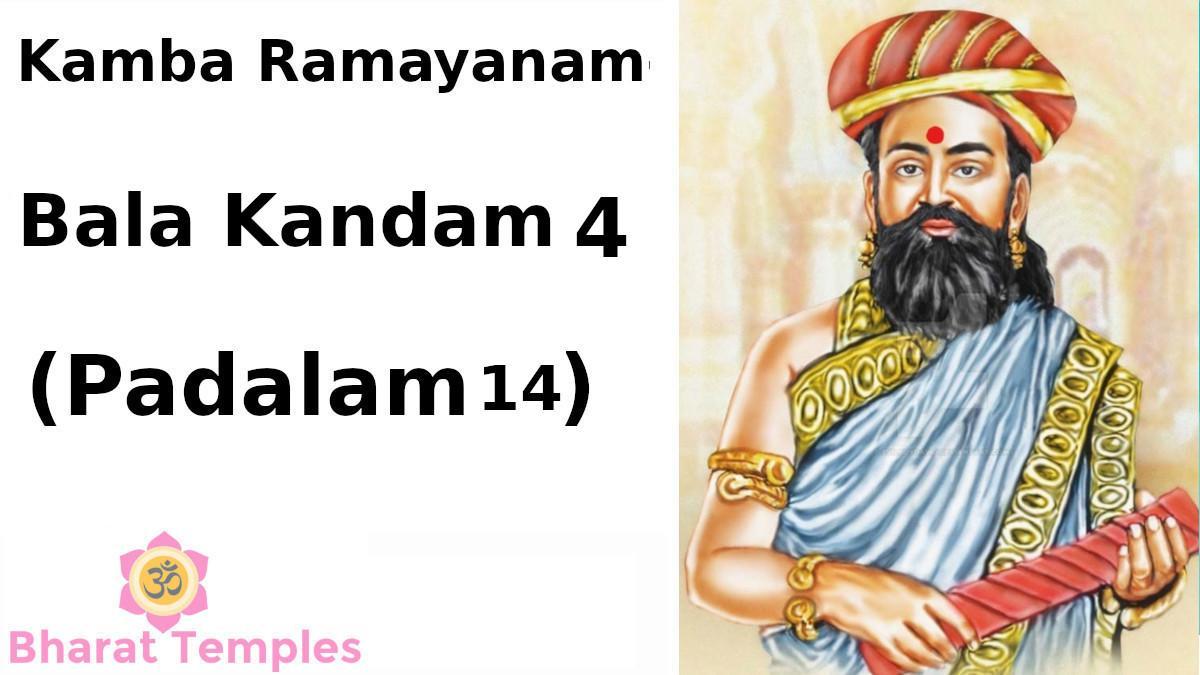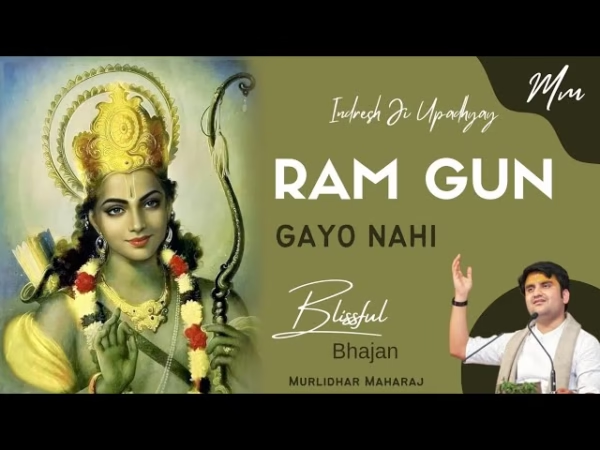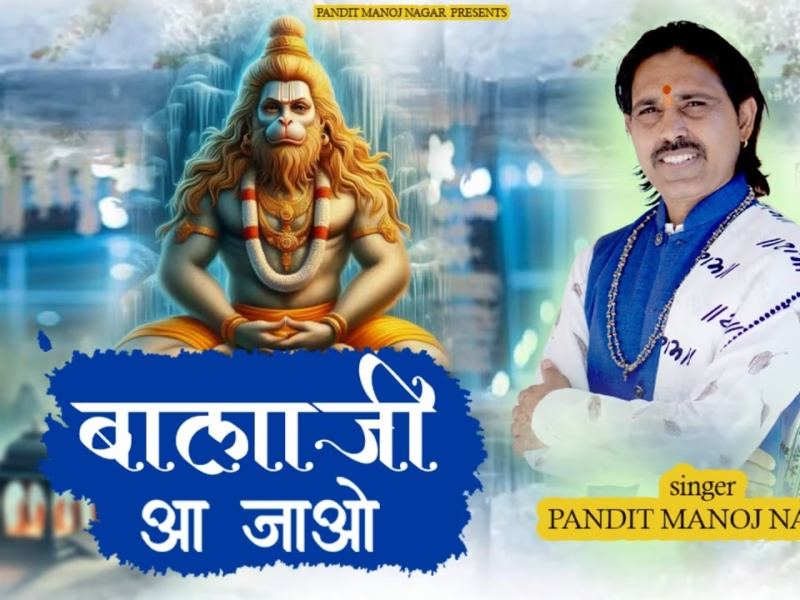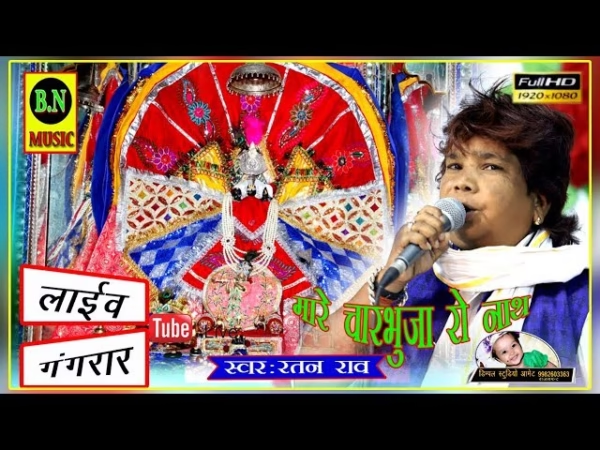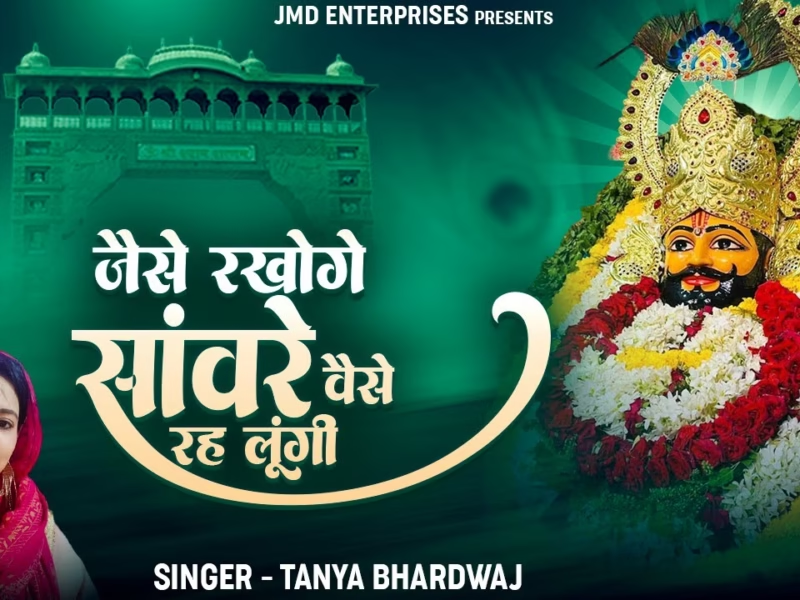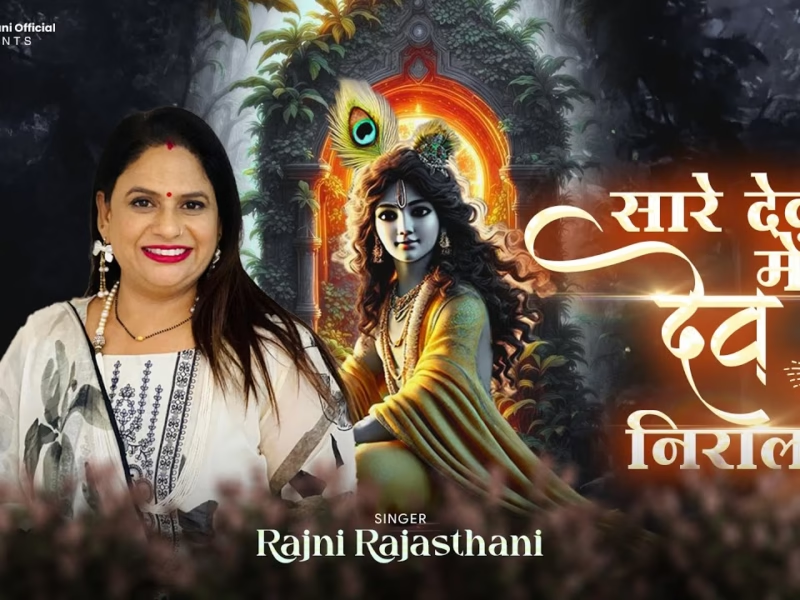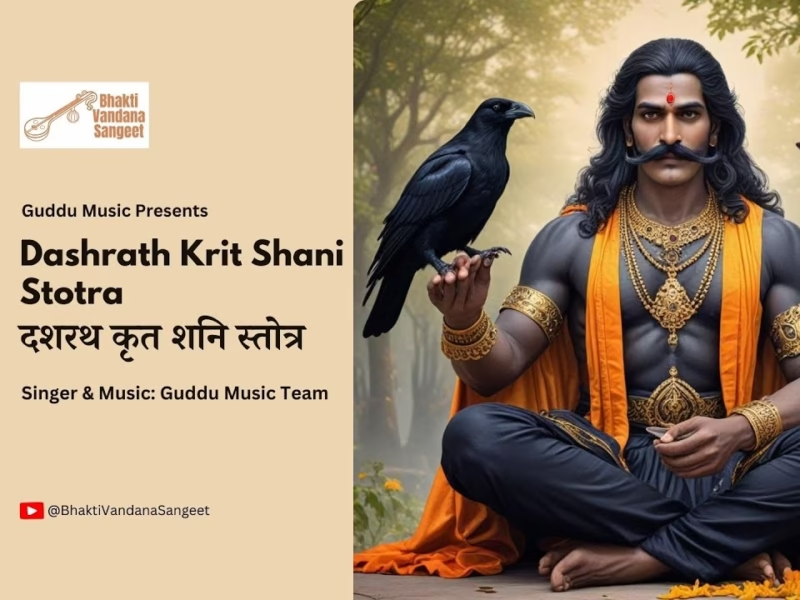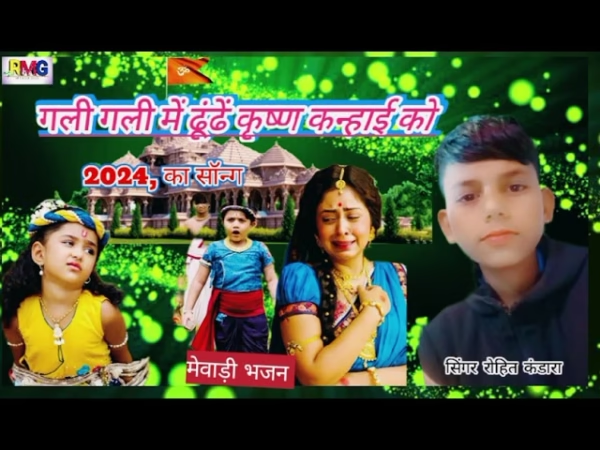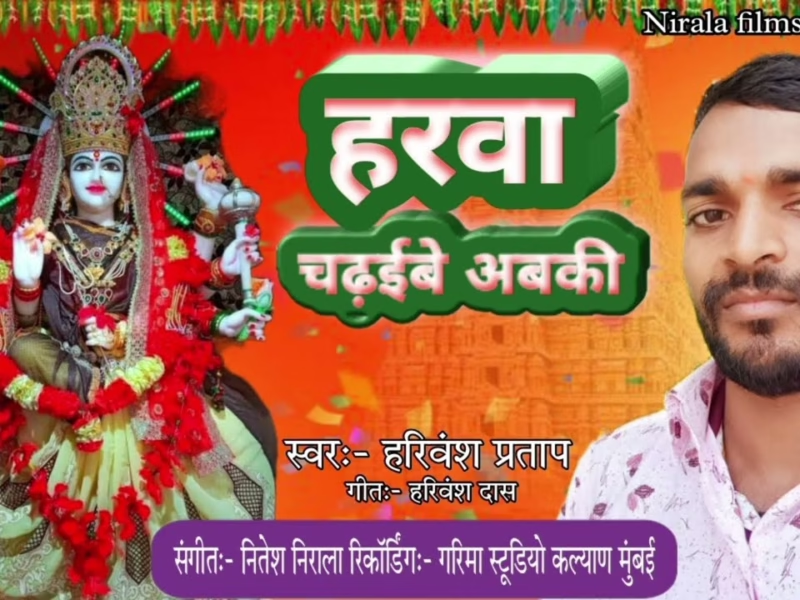Contents
By Kambar (Kavichakravarthy Kamban)
Translated in English by P. R Ramachander
Kamba Ramayanam – Bala Kandam 4 (Padalam 14)
14.Chandra Saila PadalamThe chapter on moon mountain
(The departure of Dasaratha is given in a vry few slokas in Valmiki Ramayanam. There is no mention of Chandra saila(moon mountain) mountains in Valmiki Ramayana, which is the first resting place of the departing army.)
813. Some tall elephants making the well grown branches Of the banyan trees touching the sky split ,Which wanted to drink water from the lake ,And which were ridden by a man who was like god of love with his bow ,Were tied on Devadara trees and sandal wood trees. orFrom that tall elephants which defeated the Meru mountain by its height ,Using their breasts which is used by the God of love to steal the soul of their lovers,The ladies who speak sweet words , embraced the lovers and got down.
814. One elephant , like the plan of the good king whose mind never gets tired,And who defeats the undefeatable kings by tricks which are the royal tricks ,Uprooted the tree on which it was tied and which was touching the sky by its height,By its very base and walked away from there like a mountain.
815. Like the lord Krishna when he was a baby crawling with a huge mortar,In between two Maruda trees which had very long and healthy branches So that those trees fell down, one elephant rolling and dragging the log on which it was tied,Went through two mango trees and made both of them fall down.
816. That Mahout who tried to pacify it from its very great anger ,By telling it sweet words and tame it from its anger of rut,Was like the minister who tried to pacify the king from going on a wrong path.Then that elephant was like that king who did not bother ,To hear the words of the minister which were good to him.
817. Not able to see any of his enemies when making sound like thunder of cloud,When it was hurt by an iron thorn like goad , that elephant,Followed the path taken by the wild elephants and when it was followed ,By eagles , it went from there with a great speed of wind,And it was like one river flowing through the path of a dead river.
818. When one elephant was tied separately getting the scent of rut,From the Sapthaparni(ezhilai palai) tree making the goad in the hands of its mahout straight ,Following the scent of rut it reached the Sapathaparni tree in flowering,And made in to small, small pieces by its forelegs and rubbed it on the earth.
819. The innumerable male elephants and the several she elephants, Which had a saffron thilak on its forehead and which had joined with them As well as the elephant calves along with them made them appear like a group of wild elephants.And that mountain of moon (Chandra shaila) was like the chief of that wild elephants.
820. Learned and wise men even when they join with people of lower rung,Will change their baser instincts and confused mind which refused to learn,This is what happens in the world like a chariot with wheels made of gold,Since it goes on rolling and rolling it would change even a black stone to gold colour.
821. The peacocks that live in the forest seeing the mouth of ladies looking like a red fruit,Suspecting that Indrakopa* beetles have sought protection and are living there , Went on roaming round the deer eyed ladies who wear pretty waist belts AS if they want to examine the matchless beauty of those girls*Preferred food of peacocks which are red in colour
822. Those ladies slowly walking like swans , reached the shade of crowded young trees,After getting down from their horses due to their wearing Bangles, garlands ,Waist belts , they shined like branch of a tree which was full of flowers.
823. Ladies having been exhausted by the travel , the well matured bees of the garland,Thinking that they are the fully open lotus flowers were going round and round,Their feet as well as their faces and when they were sleeping on a crystal bed, Their friends were confused that their shadow on the bed was themselves.
824. Some ladies who were looking like ornamental climbing plants ,Who had a waist similar to a Udukkai drum (hand held drum) , when they descended from the backOf a she elephant which was sitting were looking like, the lightning streaks on the clouds , And went in to their quarters similar to Goddess Lakshmi entering her lotus.
825. The horses brought from Turkey fed with food in their mouth by lads,And brought in to the city made neighing sound which was scary,And those big horses decorated by ornaments were properly tied together,And were looking like a garland of several gems on the chest of the mother earth.
826. Just like continuous waves of water , they tied the screens one after another,Just like the sea has been properly made and they erected the shopping streets,Just like rows of clouds , they arranged the elephants in a sequence in the garden,And just like arranging the wind properly they tied the horses in a row.
827. Like the dancing peacocks when the deer eyed ladies and the soldiers ,With sharpened spears were wandering in trance without knowing where they were going,Recognising by the beating of the drums and blaring of the conches,And by the flags , the residence of the king , they reached the quarters of the king.
828. The young lads seeing that the bodies of their wives were made dull,By the covering of the dust raised by the walking of elephants,Cleaned them using cloth which was as thin as the foam of the milk,And those ladies looked like the pretty painting polished by their painters.
829. The princes riding on elephants looking like a big lion descending from a mountain,Got down from their huge elephants and being fanned on both sides by broad leaf sheaths ,Entered in to the tents made for them which was erected well with plenty of light.
830. In all those tents with victory banners made of white cloth , the ladies,With natural scent and pretty smile , with faces like the moon moving about in the sky,Looked like the lustrous shadow of the faultless moon in the white foamy waters Of the sea , in all the places that we happen to see.
831. The elephant in rut falling on the ground so that it is coated with dust,Standing up as if wanting to join the sky , Fanning white perfumed dust on one side,So that its black colour is hidden and fanning the perfumed dust on the other side,Looked like Lord Shiva who is allowing Lord Vishnu to be a part of himself.
832. Like the good people joining with bad people and later leaving them ,When they really understand them , the good horses which run speedily ,As soon as some dust settles on their body , get up,Shake themselves off the dust and stand up free of dust,
833. The horses came after cutting off the three stringed big rope ,And understanding what they have to do by the ability of the driver And also understanding the earth on which they travel ,Similar to the great yogis who cut off the three big ties of land, lady and gold,Due to the power of their yoga after understanding the true state of their soul,And also understand the nature of the divine God and travel speedily towards good.
834. When the tides of the sea blow to a very great height , The fat Kayal fishes,Separate from the sea and like that when the thin curtains which are ,Like the snow falling from the sky are blown away by the wind,In all the tents The black eyes of ladies which play tricks appear.
835. Though the rivers with clear water do not give rise to great flow of water always,When you did and further dig they give rise to springs of water and help us,And they were like the charitable people give riches without saying no,When they have wealth and even when the wealth is lost ,And continue giving whatever they have to their friends.
836. Those warriors wearing gem garlands which look like they move with raging fire, And whose hair waves with wind, entered their tents which had the smell of newness,And were like the killer lions which enters different caves on the mountain.
837. The big war elephants with sharp tusks which are close by,Which have put suitable mark on its forehead with red hair,With bells tolling one by one differently , keep on ,Turning the water of the lake with waves and are like ,Madhu kaidaba who turn and mix the big black sea.
838. The big black elephants in rut which do not obey the signs of the Mahout,Which are prevented from both sides by assistant mahouts from going anywhere,Which without bothering for any thing do not get out of water bodies,Are similar to those lovers who do not obey the advice of wise people ,Who are found fault by relatives and friends who gather as a crowd,And who are not bothered about it and who are interested ,Only on the hips of the prostitutes wearing waist belts.
839. With men coming near to the ladies who cover their waists with cloth,And bring burning fire from the kitchen which makes even sun dull,And when this produces smoke on the Akil logs,That smoke goes up in the sky makes clouds which do not cause rain, Which looks like a big ocean and was like their city.
840. The Vidhyadharas who live on that mountain with splits ,Who had come to see that great army and seeing the pretty lads and lasses,Who were assembled there were terribly confused as to ,Which of them do not belong to their group and thus,That huge army made one doubt whether the world of devas ,Have slipped down and has fallen there,
841. All those who ladies who woke up earlier than the morn,Who were pretty ,and who were angry due to long love tiff,Talked sweetly with Koels , made sound with anklets that would be echoed by mountains,Wore ornaments making their luster more than that of the sun,And roamed here and there like the flock of peacocks.
842. All the valorous males with both heroic anklets making sound,With bees making great sound around the garlands they were wearing,With swords tied to their hip shining With their shoulder amulets,Shining due to the red gems inlaid in them,Inspected all the mountains around which were like their shoulders,Very similar to the very cruel roaming in that forest.
Download PDF (Kamba Ramayanam: Bala Kandam 4 (Padalam 14)
Kamba Ramayanam: Bala Kandam 4 (Padalam 14) – Kamba Ramayanam: Bala Kandam 4 (Padalam 14)
Download PDF: Kamba Ramayanam: Bala Kandam 4 (Padalam 14) in English PDF
Read More :
Kamba Ramayanam: Bala Kandam 4 (Padalam 11)
Kamba Ramayanam: Bala Kandam 4 (Padalam 12)
Kamba Ramayanam: Bala Kandam 4 (Padalam 13)
Kamba Ramayanam: Bala Kandam 4 (Padalam 14)
About Kavichakravarthy Kamban
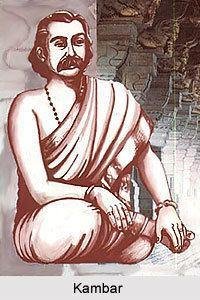
Historians place him in the 9th century CE, But surely Kamban belongs to the third great wave of Tamizh literature that started with the Sangam period (dated before the Common Era), followed by the widespread impact of Bhakti literature of the Alwars (vaishnavite saints) & Nayanamars (shaivaite saints). Kamban Authored Ramanaya in Tamil…Known as Kamba Ramayanam..
Kambar has been the milestone for the Tamil scholars that none had reached. He was also known as “Kamba Naatazhvar” at his time. Many Tamil authors from the modern world have written the books on the poet Kamban.
FAQs
Kambar or Kavichakravarthy Kamban (1180–1250) was a medieval Tamil poet and the author of the Ramavataram, popularly known as Kambaramayanam, the Tamil version of the epic Ramayana.
Valmiki Ramayana and Kamba Ramayanam are two versions of Ramayana written in the Sanskrit and Tamil languages respectively. … Kamba Ramayanam is originally called as Ramavataram. Although Valmiki Ramayana is the original version of the story of Rama, Kamba Ramayana is believed to be based on the work by Valmiki.
The Kamba Ramayanam, is a Tamil epic that was written by the Tamil poet Kambar during the 12th century. Based on Valmiki’s Ramayana (which is in Sanskrit), the story describes the life of King Rama of Ayodhya.
The book is divided into six chapters, called Kandam in Tamil. The Kandams are further divided into 123 sections called Padalam (படலம்) in Tamil. These 123 sections contain approximately 12,000 verses of the epic.

